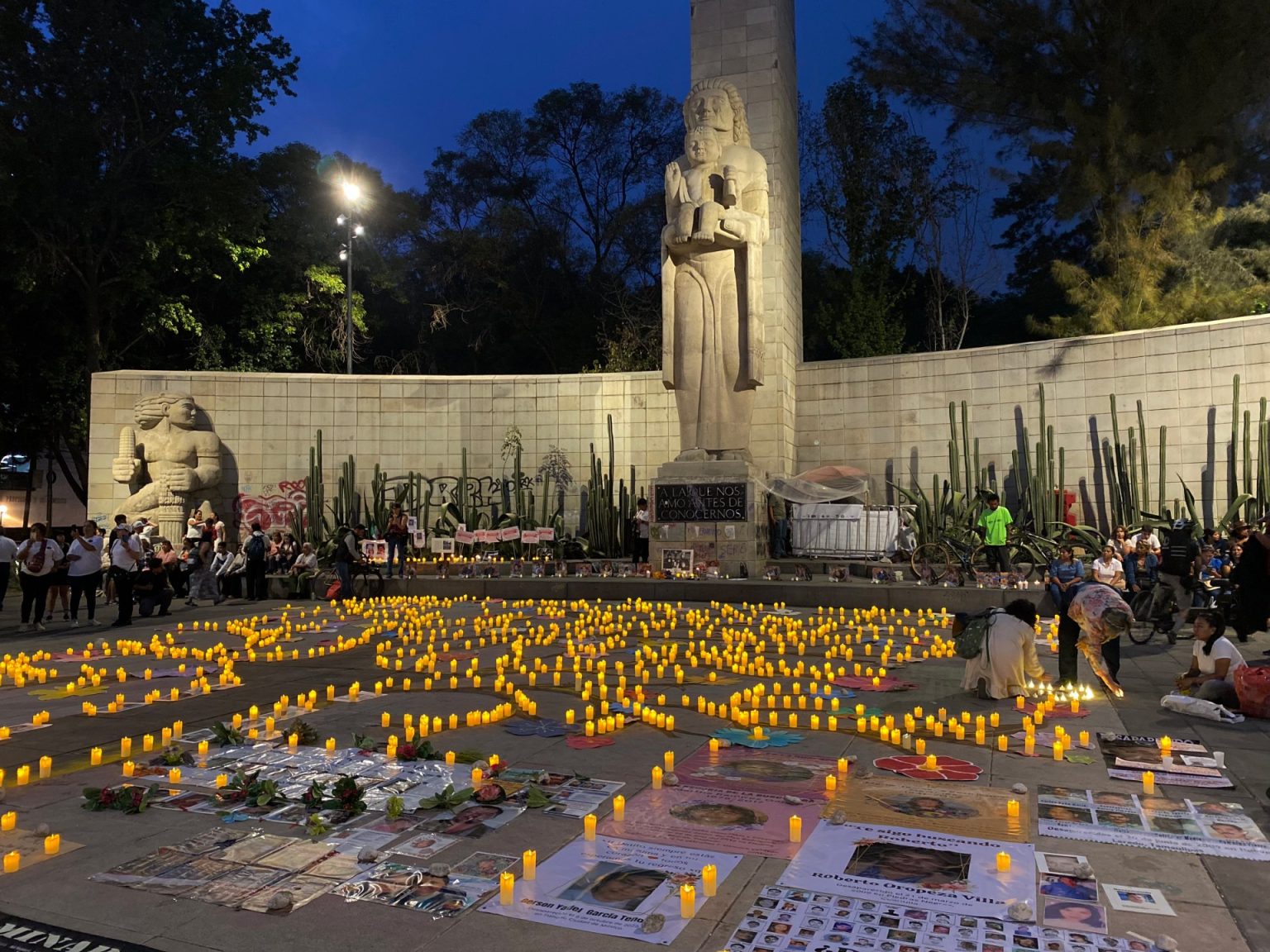Mexico City, Mexico marked Mother’s Day this year with a somber event where families of missing persons gathered to demand answers and justice. Joanna Alvear, whose daughter Lilith went missing in 2023, represents one of the 111,000 people currently missing in Mexico. As crucial nationwide elections loom, questions arise about President Andres Manuel Lopez Obrador’s handling of the crisis and whether his successor can bring about change. Families like Alvear’s have been left to search for their loved ones with little government support, highlighting the failures in official investigative protocols.
Lopez Obrador promised justice for the Ayotzinapa 43, a group of students who disappeared in 2014, but families of the missing feel disillusioned by the lack of progress under his administration. The number of disappearances in Mexico has continued to rise during his tenure, surpassing 100,000 cases. Critics accuse the president of downplaying the issue by conducting a new census to reduce the number of officially recognized disappearances. Families and human rights groups argue that this manipulation of data fails to reflect the true scale of the problem and undermines efforts to find the missing.
Presidents in Mexico are limited to a single six-year term, which means that Lopez Obrador cannot seek reelection. His protegee and party candidate, Claudia Sheinbaum, has proposed addressing the systemic issues behind disappearances, while her opponent, Xochitl Galvez, has taken a stricter law enforcement approach. Both candidates have pledged to address the disappearances and improve public security, but critics point to Galvez’s ties to the PRI, the party that faced criticism for mishandling disappearances before Lopez Obrador’s term.
Families of the missing are urging the candidates to restore government bodies dedicated to finding their loved ones, such as the National Search Commission and the National Centre for Human Identification. Many feel that actions speak louder than political affiliations, and they are hopeful that whoever comes to power will make sincere efforts to locate the missing. The tedious and traumatic process of filing police reports and the lack of progress in investigations have left families feeling drained and overlooked by their leaders. They are wary of politicians using disappearances for political gain and want genuine empathy and solutions.
Amidst the political landscape, the families of missing persons continue to bear the emotional burden of uncertainty and loss. Ana Maria Velazquez, whose son disappeared while trying to cross the US border, emphasizes the need for empathy from the candidates and a genuine commitment to addressing the issue. As Mexico grapples with a crisis of disappearances and a culture of impunity, the upcoming elections pose a crucial moment for change and accountability. Families hope that their voices will be heard, their pain acknowledged, and that concrete steps will be taken to bring closure and justice to those who are still searching for their missing loved ones.


